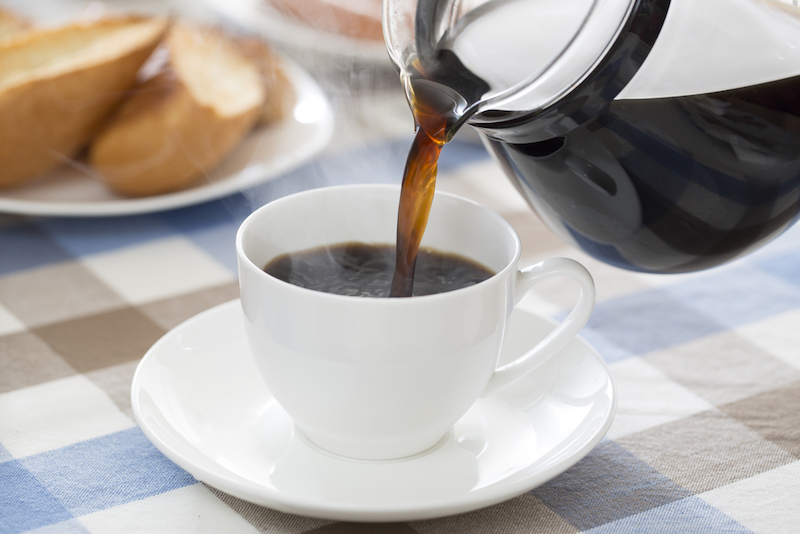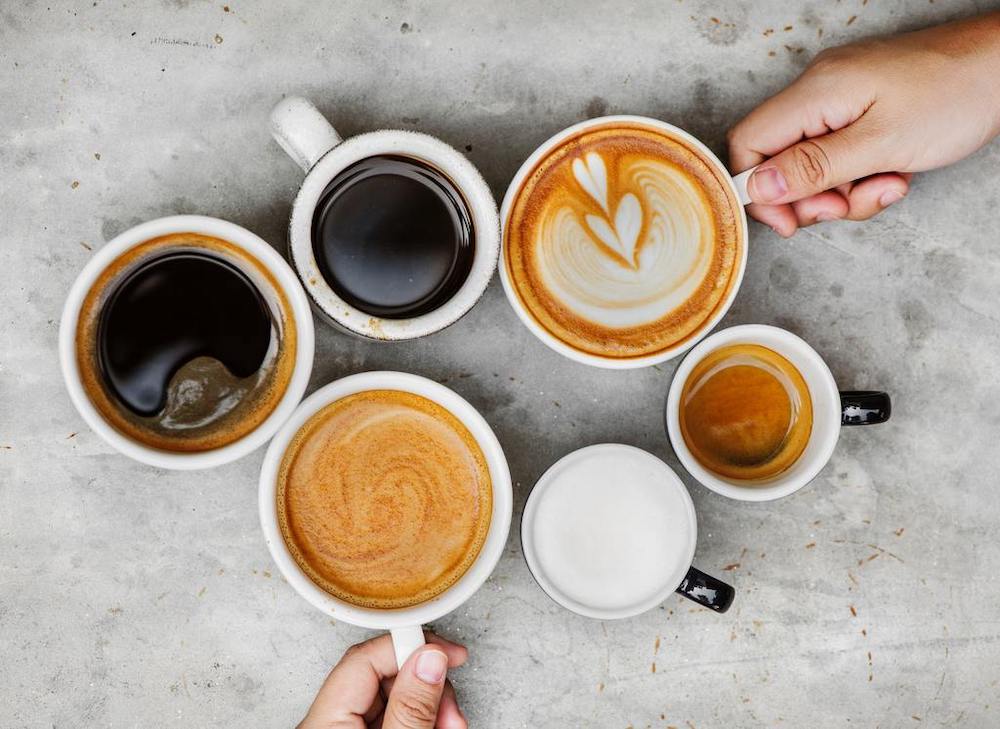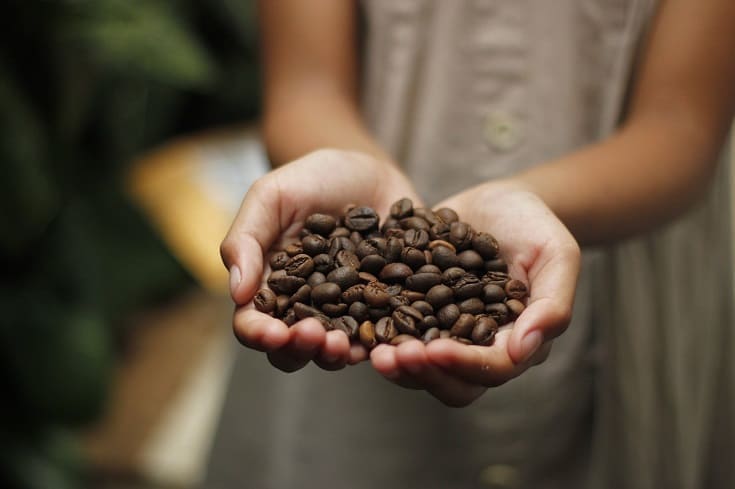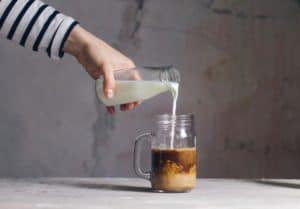
If you’ve spent some time reading about coffee, tea, or wine, you probably have come across tannins before. Connoisseurs talk about tannins in general terms, attributing bitterness, astringency, and mouthfeel to tannins, but usually not going into more detail than that. So, what are tannins anyway, and are there actually tannins in coffee?
The answer is surprisingly complex and unclear, but in this article, we’re going to do our best to clear the waters. The short answer is that coffee does contain tannins, depending on which definition you use. So, break out your chemistry hat, and let’s talk about tannins.
What Are Tannins?
The most general and useful definition of tannins is any molecule that binds with proteins. You might think that’s not very helpful since it is an extremely broad definition, but it turns out that defining tannins more rigorously than that is actually quite difficult. Binding to proteins can happen in many different ways, meaning there isn’t a specific chemical structure to tannins like there is for other families of molecules.
Tannins come from many different sources in the natural environment, but are mostly found in plant matter. The most common relevant plant with tannins from a human perspective is tea. Tea leaves have some of the highest concentrations of tannins in common food and drink and provide most of the tannins consumed by humans. Coffee is generally considered to have about half the tannin concentration as tea.
The word tannin’s etymology involves the traditional leather industry, where compounds containing tannins were used for tanning leather skins. One of the most common ways to tan leather was to use the bark of an oak tree. In traditional Celtic languages, oak bark is called tann, and thus tannins were named.

How Do Tannins Affect Taste and Mouthfeel?
How tannins change the eating and drinking experience is interesting from a culinary perspective. Dry wine, tea, and bitter coffee all share the commonality of creating a “dry” dusty experience in the mouth. The reason this happens is because of tannins.
Since tannins bind to proteins and saliva contains proteins, drinking something with a high concentration of tannins literally causes your saliva not to function normally. We experience this as a dry feeling since the lubricating saliva isn’t doing its job.
Does Coffee Contain Tannins?
If you’ve ever over-extracted a cup of coffee by grinding your beans too finely or leaving a French press to steep for too long, you’re familiar with the dry, astringent characteristics associated with tannins. It might seem like this is the end of the story, and that coffee definitely contains tannins, but not so fast.
Because tannins have such a broad definition, it is difficult to test for tannins in coffee. Since the only criterion is protein binding, a molecule that doesn’t bind with one protein but does bind with another can be easy to misclassify. This complicates the testing process and makes it technically unclear whether coffee contains tannins.

Coffee does contain a compound called chlorogenic acid that is classified as a tannin, although it only registers as a tannin on some tests, strangely. Another related compound, dichlorogenic acid, is well-established as a tannin and is present in unripe coffee beans in significant concentrations.
While the presence of these two compounds does technically mean coffee contains tannins, the effect they have on the taste of coffee is still unclear. Researchers aren’t sure whether either compound is present in high enough concentrations or binds strongly enough to salivary proteins to produce the astringent flavors associated with over-extracted coffee.
Conclusion
The bottom line is that, yes, coffee does contain tannins if you use the broadest definition of tannins. Whether these tannins contribute to the bitter, unpleasant flavors associated with over-extracted coffee is less clear and surprisingly difficult to study. Modern techniques have been used to analyze the tannin content in coffee, and despite researchers’ best efforts, the waters remain murky.
RELATED READS:
- 8 Health Benefits of Coffee: Based on Science
- Does Coffee Dehydrate You? Here’s the Surprising Truth
- What’s the Best Time to Drink Coffee? (You’ll Never Guess!)
Featured Image Credit: LittleAngell, Pixabay















